Premium Only Content
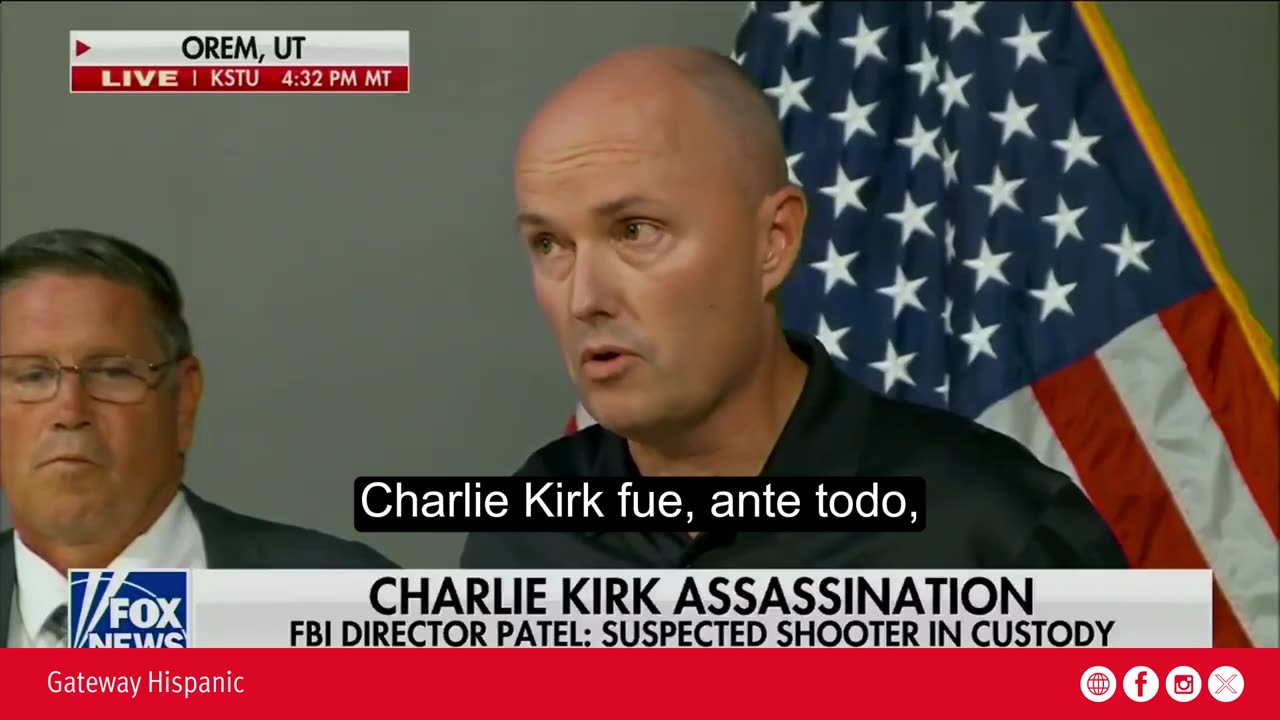
Spencer Cox: “The assassination of Charlie Kirk is a political attack”
The assassination of Charlie Kirk continues to shake the nation. Amid grief, indignation, and an increasingly tense political climate, the words of Utah Governor Spencer Cox have resonated across the country. In a solemn speech filled with historical meaning, the state leader not only mourned the loss of a conservative figure, husband, and father, but also delivered a powerful message: this was a political assassination.
A dark day for Utah and for the nation
“This is a dark day for our state. It is a tragic day for our nation, and I want to be very clear: this is a political assassination,” declared Cox before national and international media.
In a moment of deep symbolism, the governor reminded the country that this year marks 250 years since the signing of the Declaration of Independence, the document that launched the most successful democratic experiment in modern history. That text, he emphasized, affirms that inalienable rights come from God himself, and the very first of those rights is life.
“Today, a life was taken. Charlie Kirk was, above all, a husband and the father of two young children. He was also deeply engaged politically, and that is why he was here on campus,” Cox stated firmly.
Defending freedom of speech
Cox underscored a key aspect of Kirk’s legacy: his constant defense of free speech and the value of open debate.
“Charlie believed in the power of free speech and debate to shape ideas and persuade people. Historically, our college campuses in this nation, and here in the state of Utah, have been the place where truth and ideas are formulated and debated. And that’s what he did: he visited campuses and debated,” he emphasized.
The governor warned that this crime not only ended the life of one man but also struck directly at the heart of American democracy. Attacking someone for their ideas, he insisted, is an attack on the Constitution itself.
A warning to the perpetrator
Cox confirmed that a person of interest is in custody and that the investigation is ongoing. However, he was emphatic in sending a message to anyone who thinks political violence will go unpunished:
“To whoever did this, we will find you. We will bring you to trial and hold you accountable to the fullest extent of the law. And I just want to remind people that we still have the death penalty here in the state of Utah.”
The reference to capital punishment did not go unnoticed. In a divided nation, Cox’s words were interpreted as a reminder that justice will not be weak in the face of those who try to impose fear through violence.
A symbol of what is at stake
Governor Spencer Cox’s speech was not just one of condolence; it was also a warning and a call to reflection. The assassination of Charlie Kirk comes in the context of growing political violence, censorship on college campuses, and systematic efforts to silence conservative voices.
Kirk embodied a new generation of leaders unafraid to challenge progressivism in its own spaces: universities. Where many young people are constantly indoctrinated in Marxist ideologies, Kirk went to speak about family, biology, Christian values, and truth. That courage made him a target of hatred and attacks.
Conclusion: justice and the defense of freedom
Spencer Cox’s message marks a turning point. It is not only about mourning the loss of a fallen leader but about recognizing that American democracy itself is at risk if political violence does not receive a firm response.
The governor was clear: free speech is the foundation on which this nation was built, and murdering someone for their ideas is an attack against that very foundation.
“Charlie Kirk was a husband, a father, and a man who believed in the power of debate. Honoring his memory means not remaining silent, but continuing to defend the right to speak and to dissent,” Cox concluded.
The question that now lingers is unavoidable: will the United States allow violence to define the political future of the nation, or will it rise to defend life, liberty, and justice?
Source - Nick Sortor
-
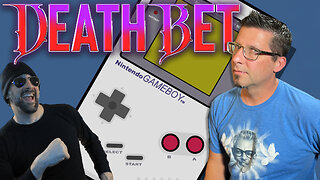 3:01:28
3:01:28
PandaSub2000
17 hours agoDEATH BET w/MrMatthews + GAME BOY! (Edited Replay)
12.6K1 -
 23:24
23:24
GritsGG
14 hours agoSpectating Solos! Most Winning Player Watches Random Solo Players!
6.77K -
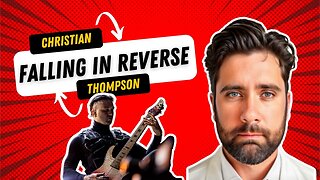 32:09
32:09
ThisIsDeLaCruz
2 days ago $8.93 earnedFalling In Reverse: Christian Thompson’s Stage Tech Revealed
57.6K12 -
 LIVE
LIVE
Lofi Girl
3 years agolofi hip hop radio 📚 - beats to relax/study to
162 watching -
 18:03
18:03
Nikko Ortiz
2 days agoEBT Meltdowns Are Insane...
60.7K144 -
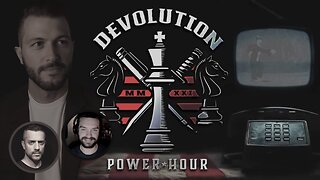 2:02:46
2:02:46
Badlands Media
1 day agoDevolution Power Hour Ep. 405: Live from Cocoa Beach
203K74 -
 1:33:56
1:33:56
Man in America
12 hours agoElon Says the Quiet Part Out Loud: AI Will RULE Humans, No More Money, BILLIONS of Robots
62.8K66 -
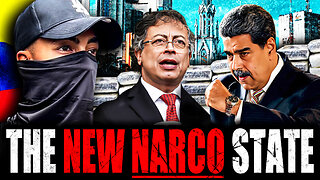 51:25
51:25
The Connect: With Johnny Mitchell
13 hours ago $35.08 earnedInside The REAL Narco State: The Colombian Drug Cartels DOMINATING The Global Cocaine Trade
40.7K18 -
 3:57:53
3:57:53
MattMorseTV
11 hours ago $122.50 earned🔴Saturday Night NEWS + DRAMA.🔴
117K102 -
 2:02:09
2:02:09
BlackDiamondGunsandGear
13 hours agoAfter Hours Armory / Leaked GLOCK images / Gunderware
34.3K6